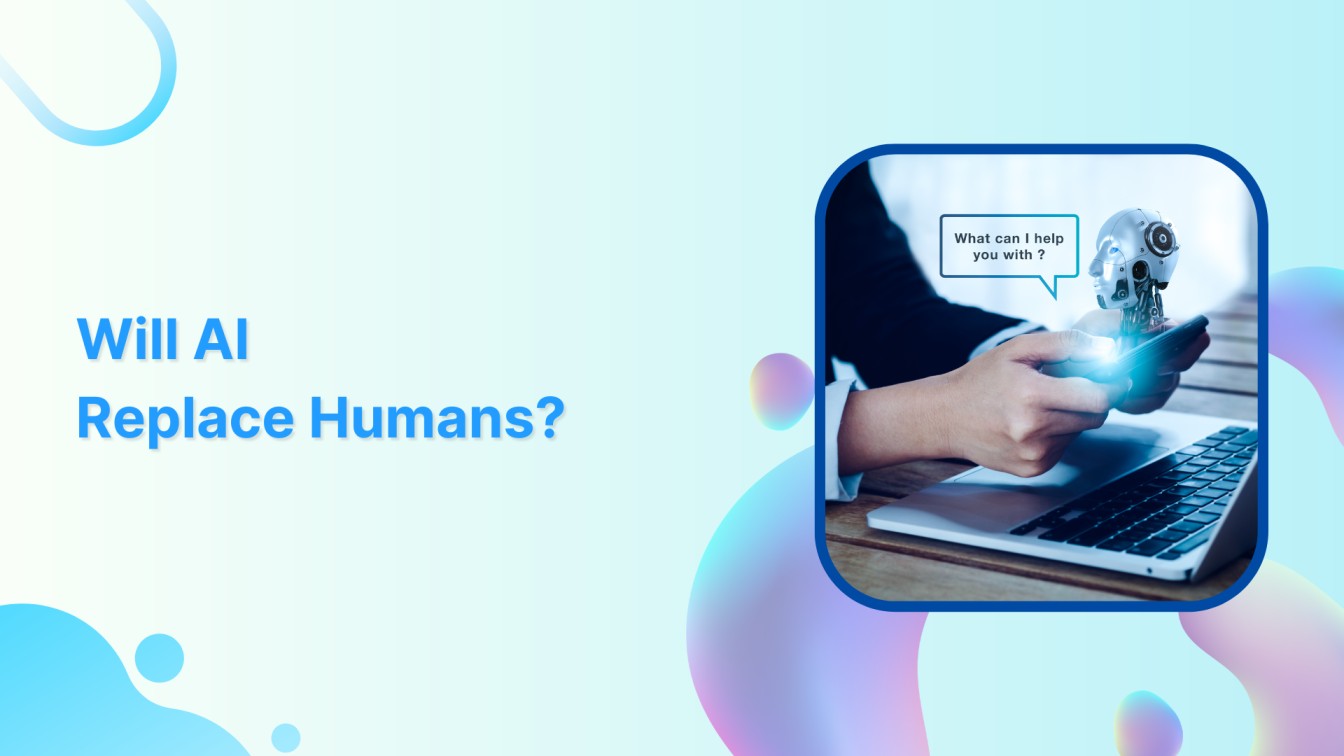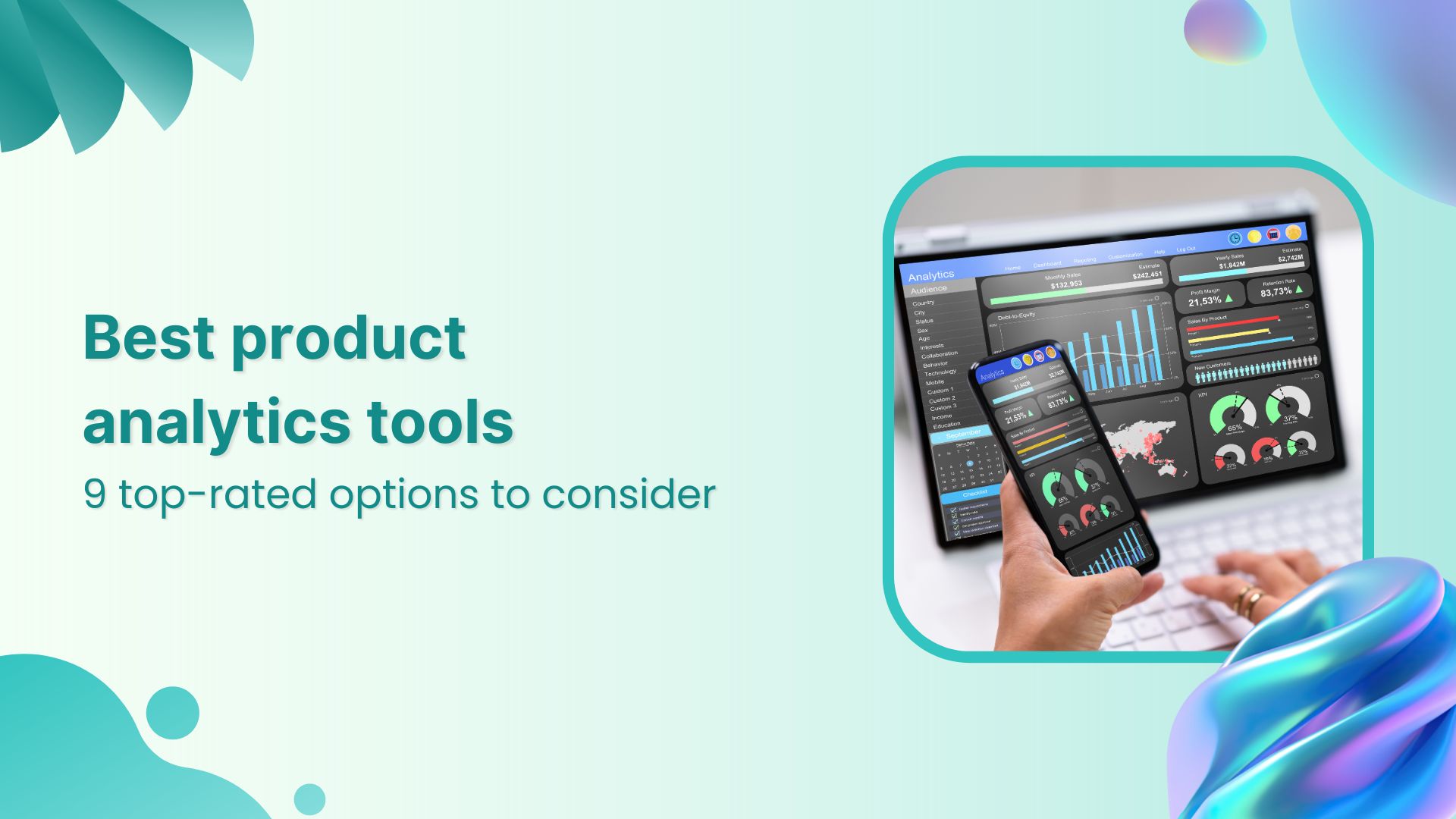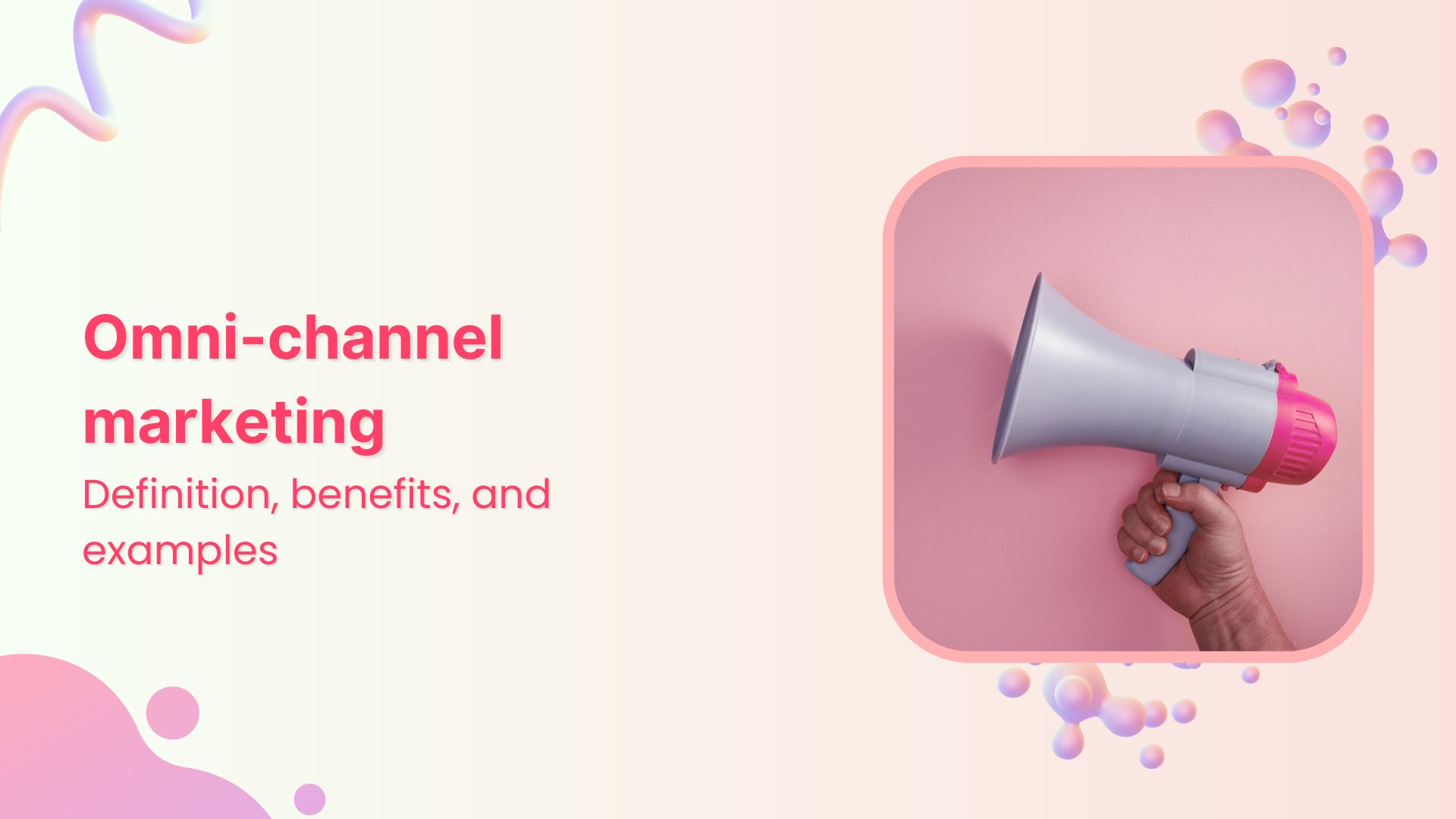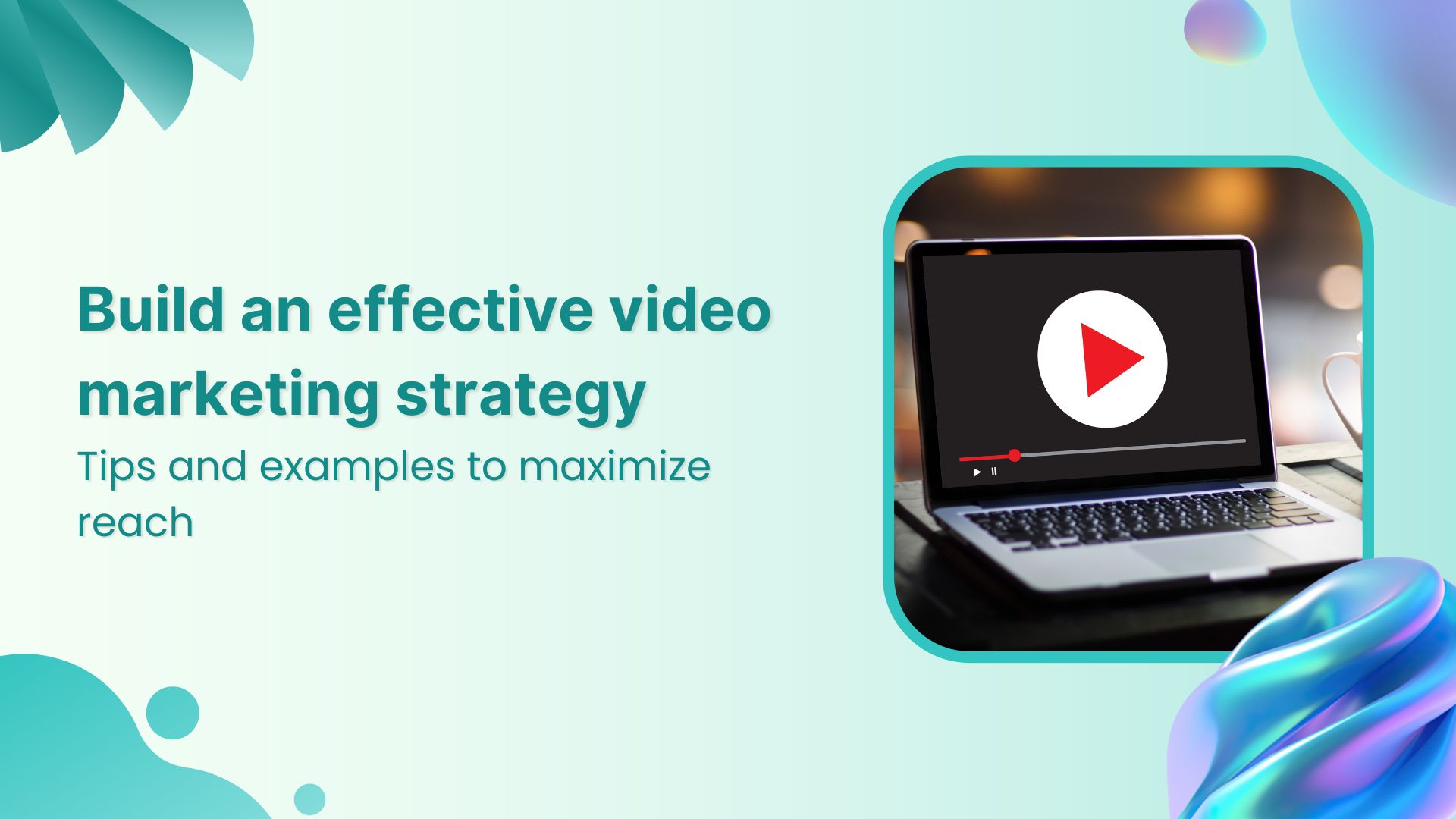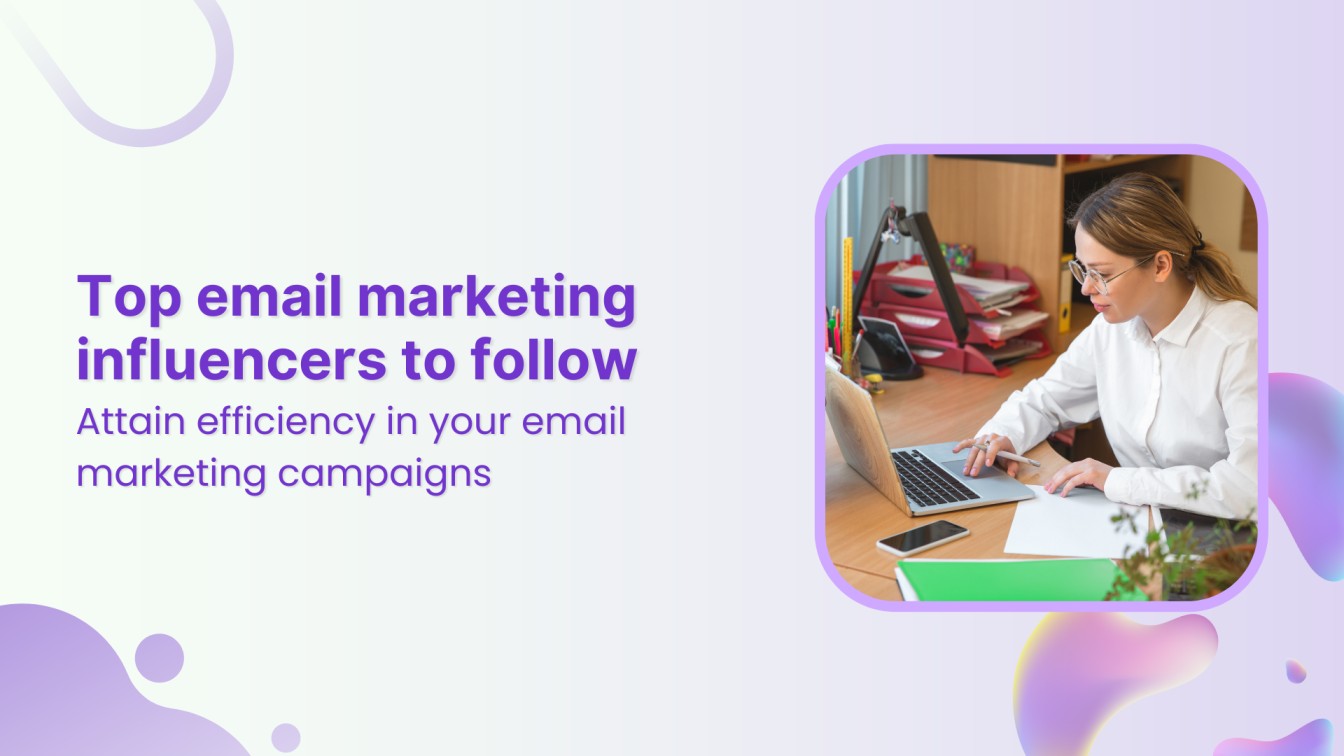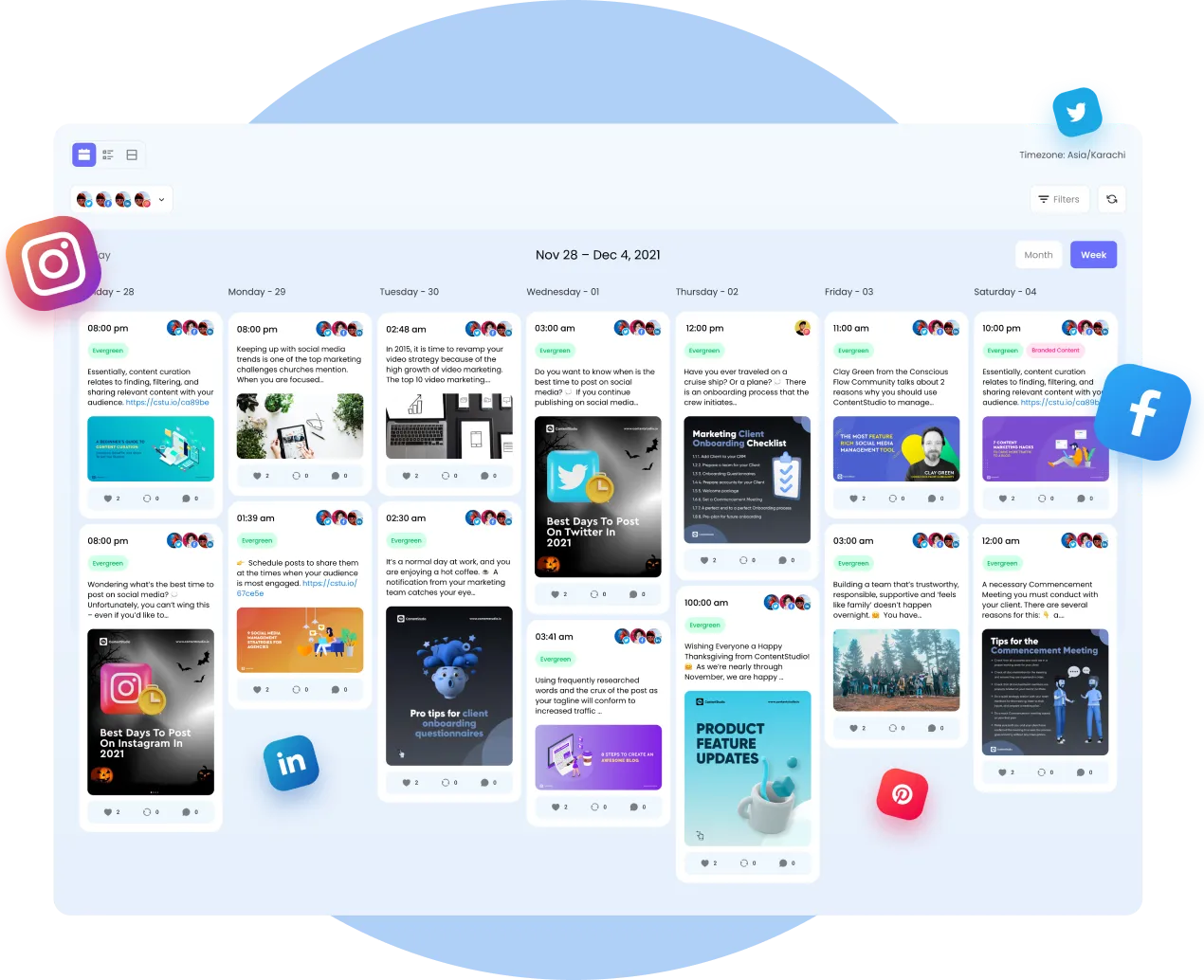Will AI replace humans? You must have asked yourself this question or witnessed it being asked on your famous talk show. For years, the image of a future led by robots with machines all around us has always sparked both amusement and a sense of fear among us. Yet we proceed to approach that future swiftly with these mixed emotions.
AI has made its way to almost all industries, including health, finance, the military, cybersecurity, transportation advertising, and many more. Marketing is no exception to this. Therefore, a successful marketer must understand the uses and limitations of AI in marketing and how it may shape the future of their current job role. Undoubtedly, AI is the future, and it is here to stay!
Plan, schedule, share, and analyze content for 15+ social media channels.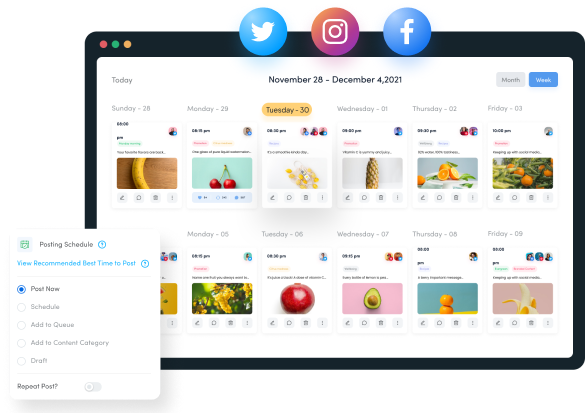


What is AI for marketers?
AI for marketers is the use of artificial technologies in marketing to develop a better understanding of customer demand and produce better content.



Artificial technologies are revolutionizing marketing by better understanding customer insights and enabling personalized services. To do so, AI analyzes past behaviors and preferences. This allows for better recommendations and successful customer engagement. Furthermore, data analytics, a process involving collecting, organizing, and transforming large amounts of data, enables AI to predict marketing campaign models and forecast future trends. Pattern 89 is an example of such a marketing platform.
AI also aids content creation, saving time and reducing human intervention. Tools like chatbots provide real-time customer support, reducing human intervention for simple tasks. AI can also predict suitable ad and media placements, maximizing ROI and reaching specific audiences. Optimizing content for search engines is another significant advantage of AI, as algorithms can analyze website traffic and trace keywords, ultimately increasing search engine rank.
Related Read: How Social Media and SEO Boost Website Traffic Together?
Will AI replace marketers?
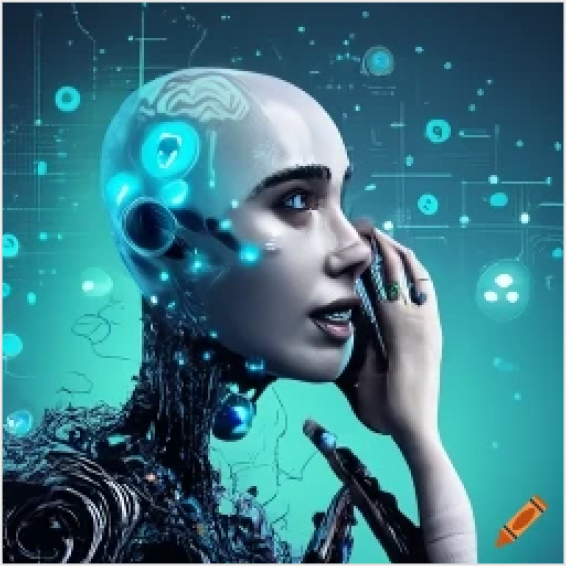


With so much that AI can do, will it eventually be able to do all that there is? Will AI replace humans completely in the field of marketing? AI has the potential to significantly impact marketing, but it is unlikely to completely replace humans.
Marketing requires strategic thinking and creative problem-solving, which require human expertise. AI may offer insights and recommendations but lacks the human touch to understand emotions, culture, and context. Building relationships with consumers is crucial for business success, and AI can help with relationship management but cannot replicate true human interaction.
As we all know, the market is constantly evolving, and marketers must interpret AI-generated data, experiment with new techniques, and stay ahead of the competition. Similarly, ethical decision-making and understanding social and cultural complexities are essential for successful marketing, but AI may not be able to tackle these areas as well.
Why can AI not replace your Social Media job role?
Social media is one of the most powerful forces in today’s world. Billions of online communities and social networking apps have not only made the world a more connected place but generated countless job opportunities as well. AI dominates almost all job sectors and has also entered the social media job community. However, you need not worry about AI taking over your social media job, and here’s why!
Content Discovery Find the top-performing content on the web and never run out of social media post ideas.


Firstly, social media is a sensitive platform with an enormous viewership. Anything said or put on the platform might be deemed offensive, although it might not be intended. The social media cancellation culture has grown immensely popular over the past few years, with well-known celebrities and businesses losing popularity and suffering brand cancellations.
For example, the Patriots’ Twitter account set out an automated response online that praised a person with a racist name while also retweeting the abusive Twitter account, resulting in immense backlash. It is, therefore, extremely important for social media businesses to look carefully at what is being put online; leaving such roles entirely to AI is too risky. Putting unregulated AI in charge of social media may result in a brand catastrophe, which is every communications leader’s worst nightmare.
Related Read: 10 Must-Have Tools for Social Media Managers and Businesses
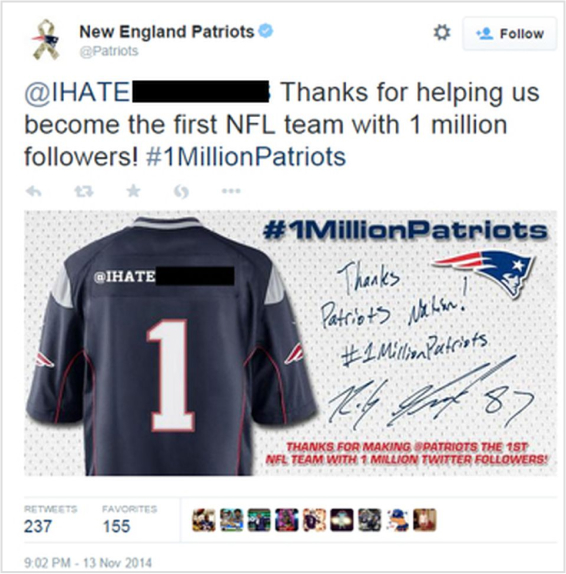


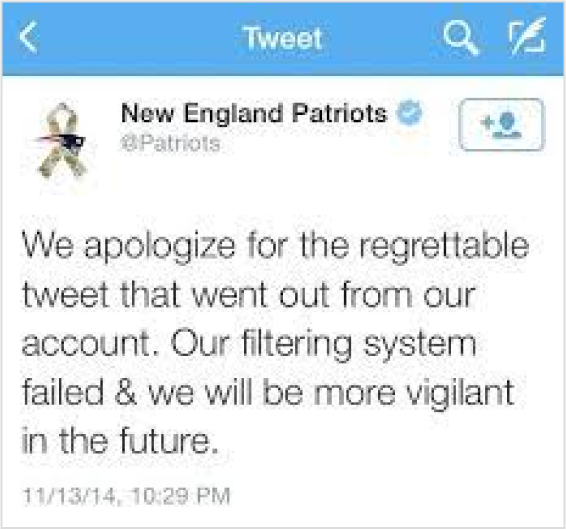


Similarly, AI tools cannot substitute for authenticity. If marketers use AI to create social media content, the posts might echo all the existing content. It is to be noted that the material AI creates is more or less derived from what is already found online.
When everyone online ends up saying the same thing but in a slightly different way, only those businesses that create new and fresh material will be able to stand out and generate more revenue.
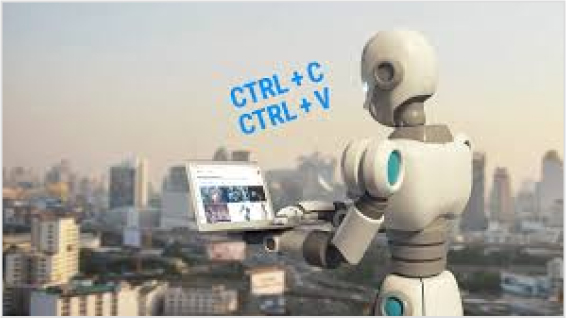


Furthermore, social media is all about engagement and customer connections to benefit the business. AI, however, cannot engage with customers emotionally or deeply. Although AI can be used to produce automatic responses, it cannot hold a real conversation. Such connectional and relationship building is vital for business flourishment, and so it is highly unlikely that the task of engaging with customers will be left completely in the hands of AI.
For example 2016, Facebook promoted its AI chatbot helper for Messenger. However, even with its strong programming skills, the business immediately learned that it couldn’t construct a chatbot capable of answering complicated human inquiries.
Also Read: 10 Ways to Increase Engagement with Instagram Carousel Posts
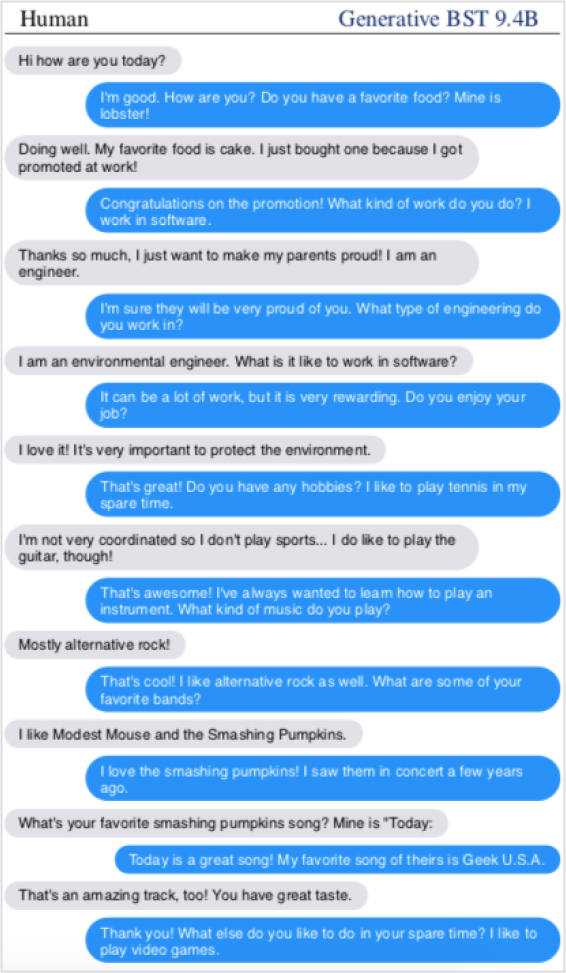


Social media management also requires responses to unforeseen events, such as new questions, viral trends, or hashtags that might not have been used before. A major highlight of social media is its unpredictability. AI, however, is trained to respond based on existing information. A quick response to such events requires human involvement and understanding.
Read Up: How to Find TikTok Hashtags and Go Viral
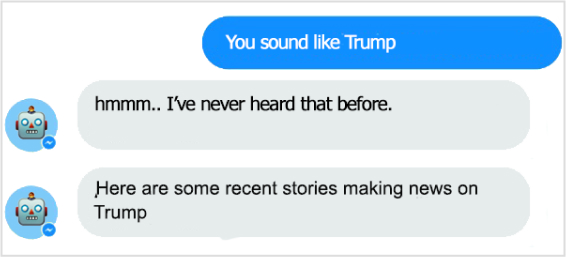


Furthermore, the need for crisis management and complex decision-making in a social media job role limits the role of AI in this field. Human social media managers can deal with crises like negative feedback, controversial topics, or fraud. These circumstances require sophisticated decision-making and nuanced answers considering ethical, moral, and PR implications. Humans, therefore, are better at tackling such situations due to their emotional intelligence and critical thinking.
Related Read: How to Positively Handle Negative Comments on Social Media?



Social media is full of different cultures and languages. With so many communities interacting online, it is nearly impossible for AI to cater to every group. AI may fail to comprehend and effectively communicate nuanced language and cultural subtleties, requiring human intervention. For instance, a business might encounter a customer who is not fluent in the language used by the AI. Such occurrences might become a hassle for the customer, as translation tools are not always accurate and tend to translate literally instead of focusing on the context. Below is such an example:



Understanding a brand’s values, commercial goals, and target audience is essential for developing a successful social media strategy. Human strategists have in-depth knowledge that allows them to link those strategies to larger businesses. This allows them to target specific customers in a manner that is carefully aligned with the brand’s intentions. AI cannot offer new methods to use AI to advance your business. Only you can conceive of innovative ways to apply it to your company’s requirements.
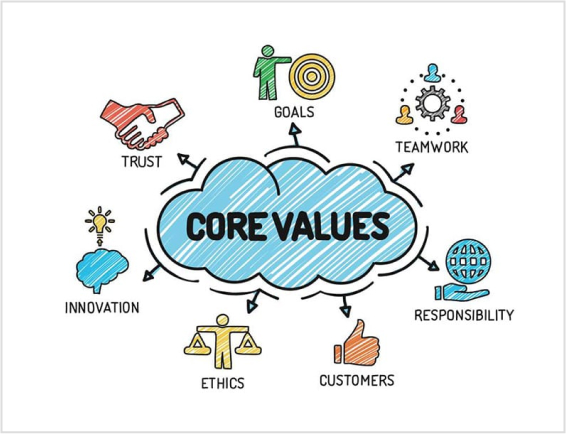


AI is simply one aspect of establishing a profitable marketing agency. Marketers must also connect all their results and determine how they fit into the overall picture. By using AI, we can become better at marketing, but monitoring how different marketing activities and campaigns are interconnected and can affect each other is a highly valuable skill for successful business management.
How will AI elevate the skills of marketers?
Of course, AI has its limitations, but its benefits to the marketing industry cannot be ignored. AI has and undoubtedly will play a significant role in elevating the skills of marketers, and here’s how.
Using AI for initial ideas in content creation can help overcome common creative fatigue in marketers after social media burnout. Speeding up content creation allows marketers to dedicate time to effectively planning strategies to be employed. It also allows them to try out different content forms or dig deeper into performance analytics. Examples of such AI’s include Anyword, Copy.ai, etc. P.S. need a heads up on leading AI social media content creation tools of 2023?
AI can also assist marketers with efficient resource allocation. AI helps marketers divide their resources effectively by considering successful channels and strategies. This not only adds to the skill set of marketers by providing them with guidance in this area but also helps save time and conserve valuable resources.
As social media greatly impacts business plans these days, accurate and in-depth insights are required to make informed business decisions. AI can gather massive quantities of sophisticated data that would otherwise take weeks or months. This exposure to a greater quantity of information helps elevate marketers’ skills and refine their decision-making skills.
AI’s prospects in marketing are also quite promising, with AI ready to change several parts of the industry. As AI use increases, there will be a greater emphasis on ethical AI usage and safeguarding client privacy. Marketers will need to handle these challenges, which will result in a need for greater staff and hence again reserve the businesses’ revenue for services that can help polish the skills of the marketers, such as access to more sophisticated software that can help bring in more accurate data.
The development of emotional AI might help marketers understand customer sentiment better and enable more informed decision-making. Hence, they add to their customer engagement abilities and assist with crisis management. An example of such advances in the development of emotional AI includes the Affectiva AI.
Similarly, AI can help with the strategy-making of a business. For example, AI can elevate the skills of marketers by helping them trace the most relevant influencers, thus streamlining company partnerships. It can also help plot a customer journey map by locating touchpoints and opportunities for better engagement, allowing the marketer to shape a more interactive customer experience.
Successful examples of AI in the field of social media marketing
Now that we have talked about the advantages AI can bring to marketers, we shall look at some successful examples of AI in the field of social media marketing.
Netflix
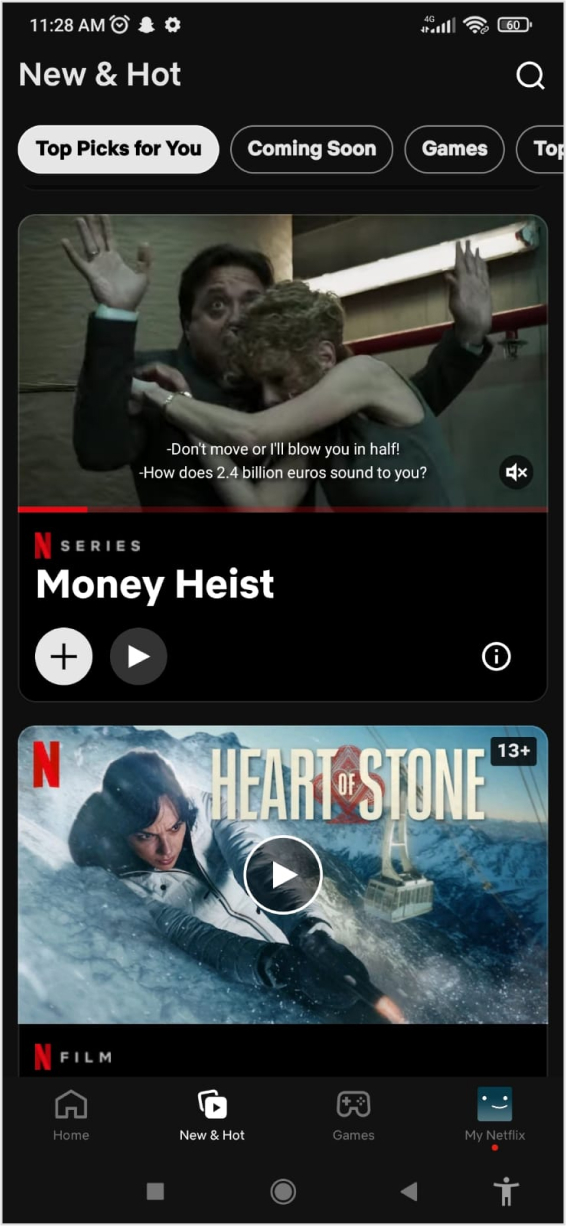


Netflix uses AI algorithms to analyze what users like or dislike, allowing them to offer tailored content to viewers on social media platforms. These recommendations are derived from viewer history, ratings, referred genres, and similar profiles.
Starbucks



Starbucks, an internationally famous brand, has also successfully implemented AI. The brand uses AI-powered chatbots to handle customer inquiries and allow customers to place orders. This helps to save time, improve engagement, and allow them to place orders through messaging apps.
H&M



H&M has also implemented the use of AI to understand user preferences on social media by closely monitoring trends and content. These preferences are then considered when developing products and marketing strategies that greatly benefit the brand.
Nestle



Another example of incorporating chatbots into customer engagement is Nestle. Nestlé’s AI-powered chatbot on Facebook Messenger suggests recipes based on the ingredients customers have on hand. This helps create an interactive environment and develop a healthy customer relationship.
Sephora
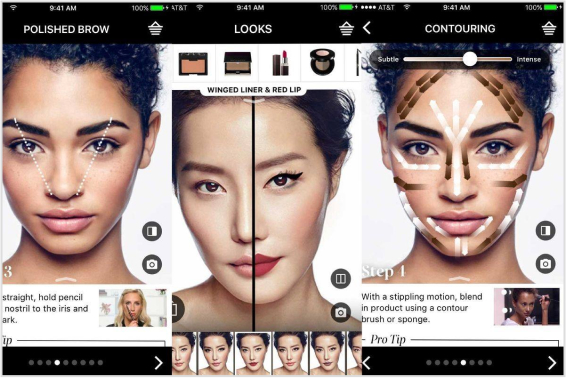


Being one of the most powerful industries in the world today, the beauty industry is filled with billions of competitors, and to strive in such an industry, your social media marketing game must be top-tier. Sephora, one of the most famous beauty brands of the present, has also incorporated AI into its social media marketing. Sephora’s Virtual Artist feature employs artificial intelligence and augmented reality to allow consumers to virtually test various cosmetics. This interactive experience can also be shared on social media platforms, which helps viewers connect with the brand.
Coca Cola
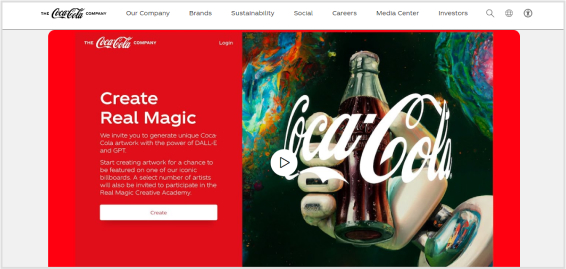


Coca-Cola employed artificial intelligence to develop individualized packaging for its “Share a Coke” campaign. Data was evaluated by AI systems to develop unique designs using consumers’ names, which were then shared on social media. Several campaign variations were introduced in Australia and the UK, allowing for an interactive experience.
Conclusion
As technology advances and AI takes over many of the duties traditionally performed by humans, a shift in mindset is essential. Marketers must recognize the need to change the sort of information and training they get. While earlier, they were more focused on training AI to perform various activities, with AI doing most of them, a better approach for marketers would be teaching AI to do various things. Marketers need to train themselves on how to use AI as an assistant and reap maximum benefits from it.
The future of artificial intelligence in marketing promises amazing opportunities for developing more customized, efficient, and successful marketing tactics that appeal to consumers and drive corporate success. Marketers who embrace and exploit AI will be better positioned to react to shifting landscapes and fulfill the needs of a dynamic and competitive marketplace as technology grows.
FAQs
What is AI?
AI is the use of computers to perform tasks that require human intelligence.
What is AI in social media?
It includes artificial tools and services used to increase engagement and market a brand effectively on social media platforms, such as post generators, chatbots, etc.
What are the three basic types of AI?
- Artificial narrow intelligence (ANI) has a limited range of abilities.
- Artificial general intelligence (AGI), which can do tasks equivalent to those that can be performed by humans or
- Artificial superintelligence (ASI), AI that surpasses human intelligence.
What is ROI?
ROI stands for return on investment, or the ratio between the net income and investment. It indicates the efficiency of the investment, and a higher ROI indicates an efficient investment.
Why does the use of AI in marketing raise privacy concerns?
Personal data such as names, addresses, and contact information may be gathered during interactions with AI systems. Personal data processing by generative AI systems may lead to unintended exposure or misuse of this information.
Fatima Pasha
As a qualified electrical engineer with a passion for reading technical content, I have had the opportunity to work with SaaS companies and engineer marketplaces. Through my experience, I have developed strong technical writing skills and the ability to communicate complex ideas effectively. My diverse background has provided me with a unique perspective on problem-solving and an ability to adapt to new challenges. When I'm not writing, you can find me with my nose buried in a book, always eager to learn something new.

